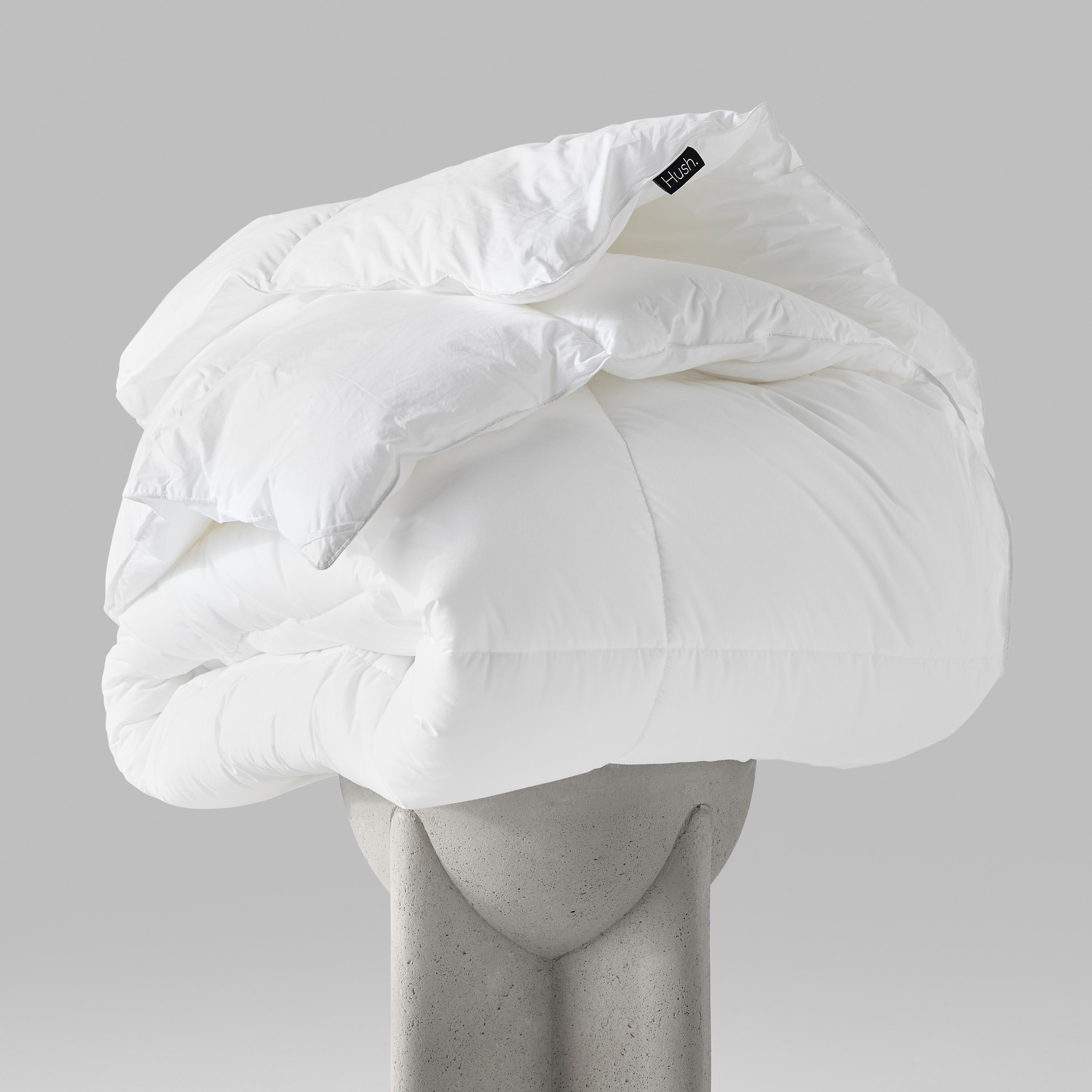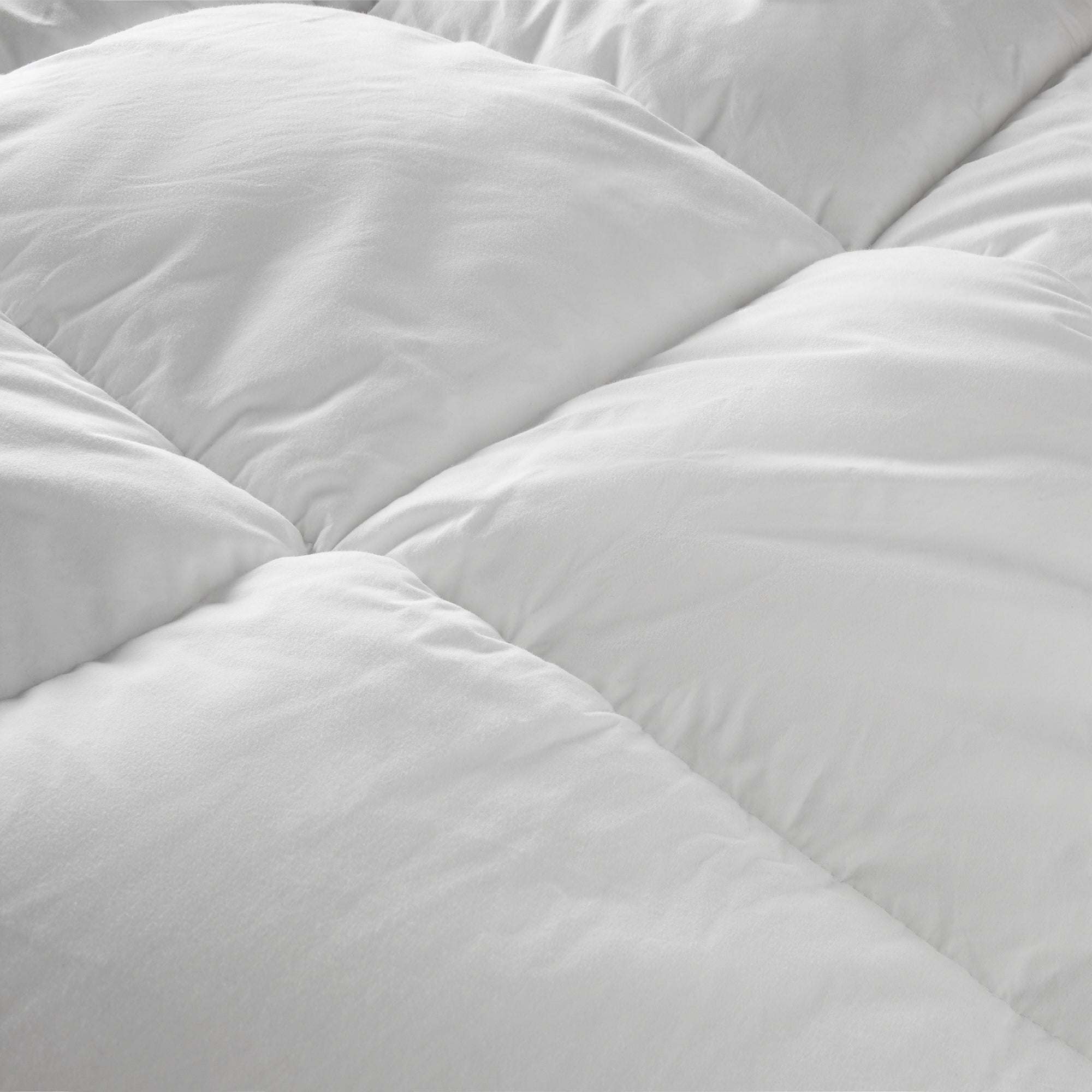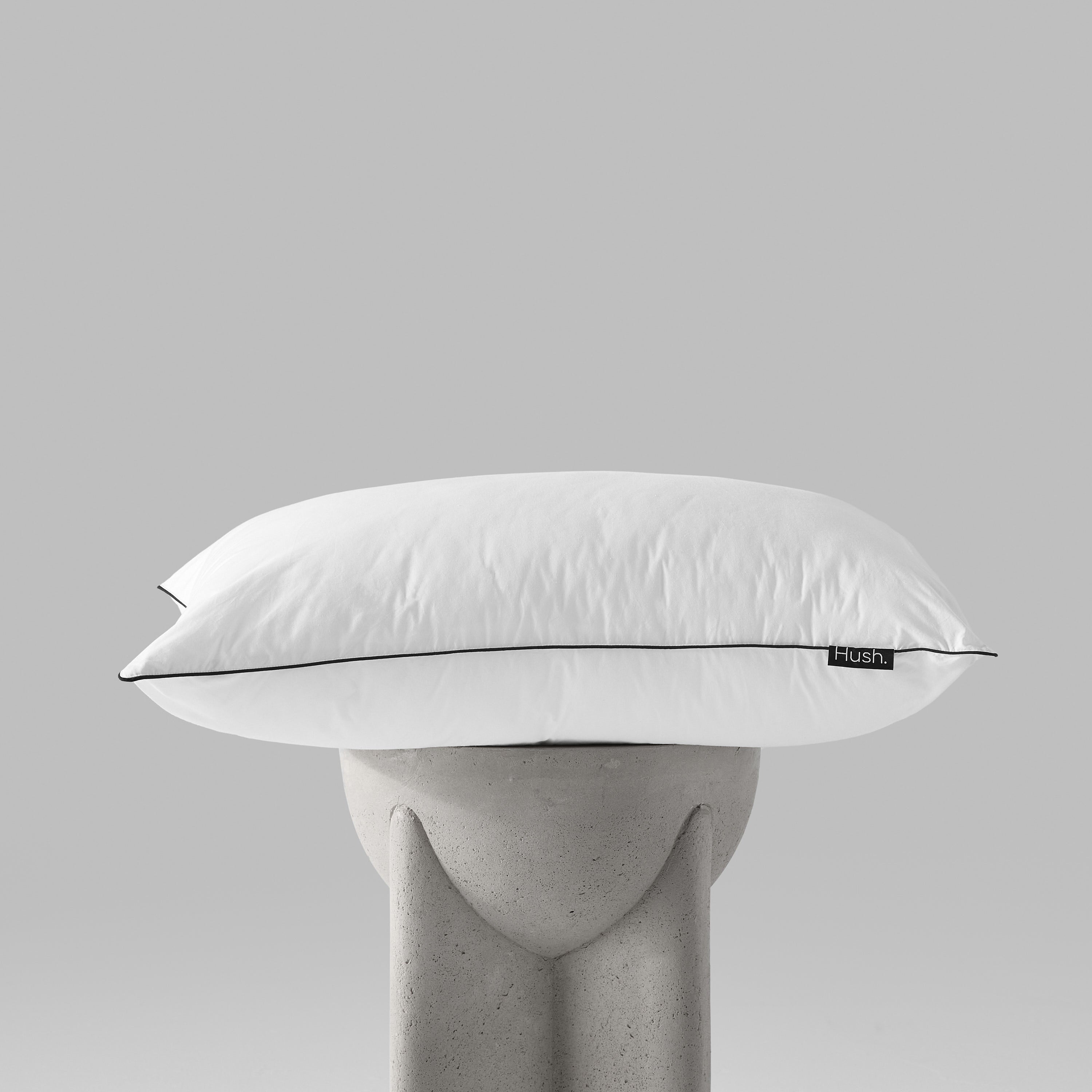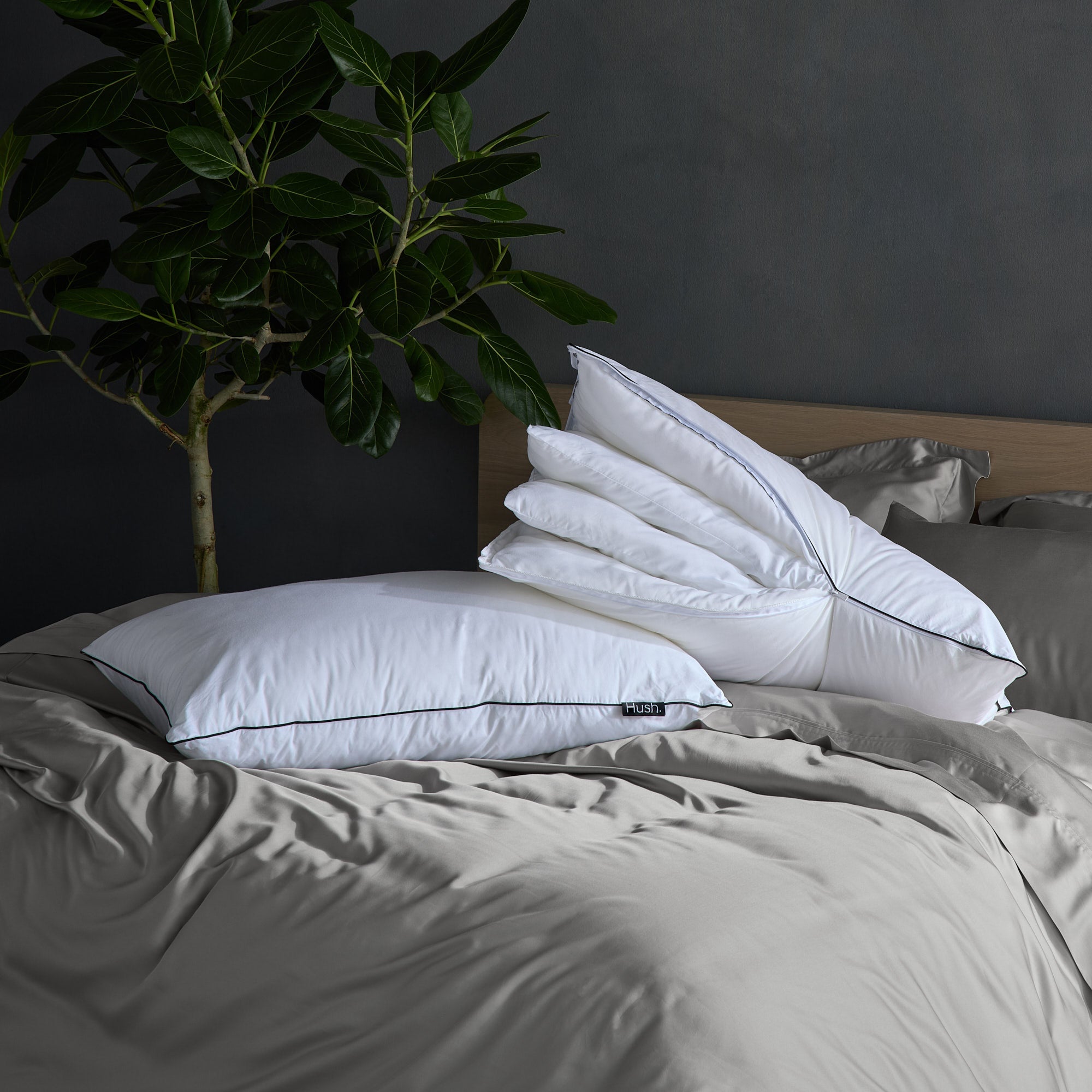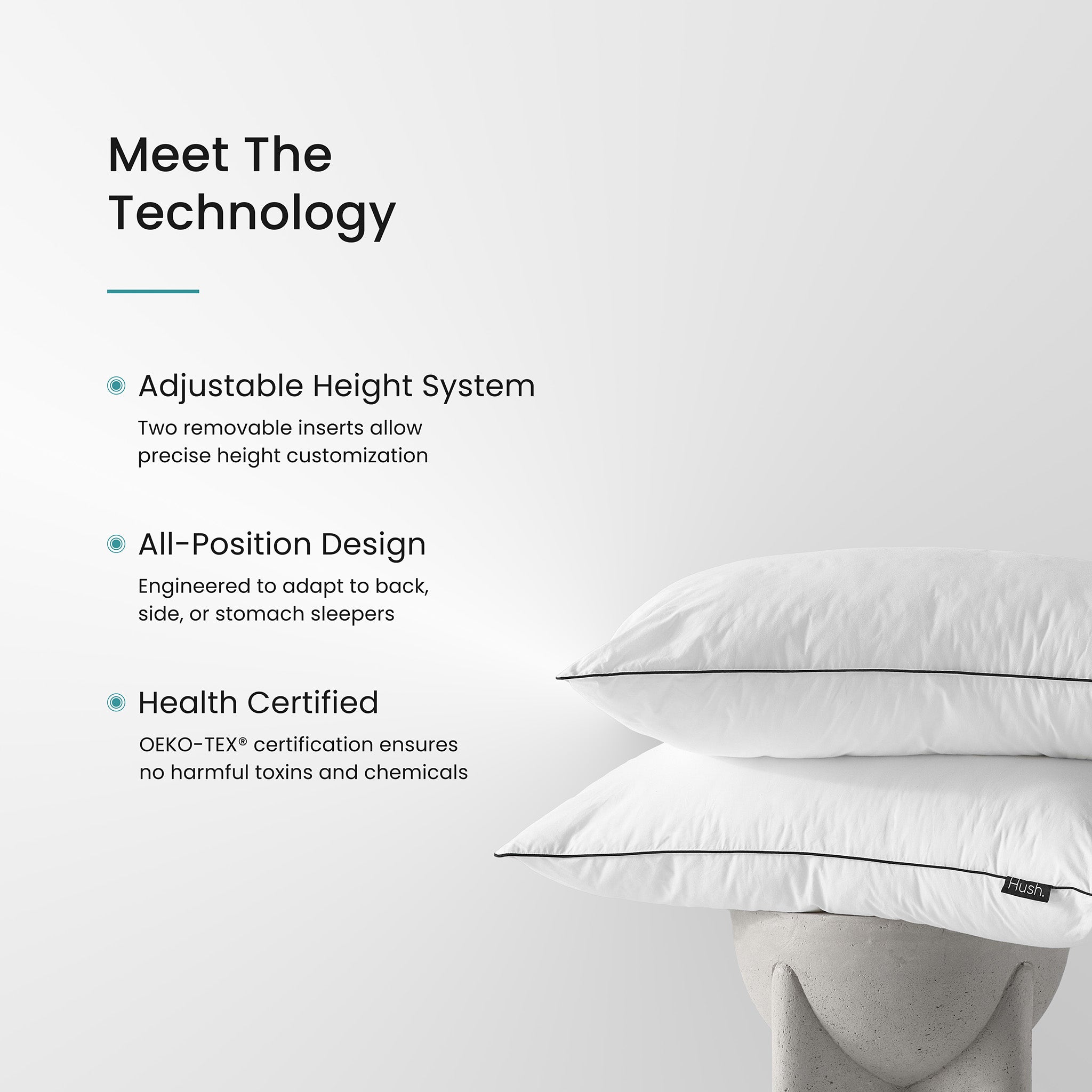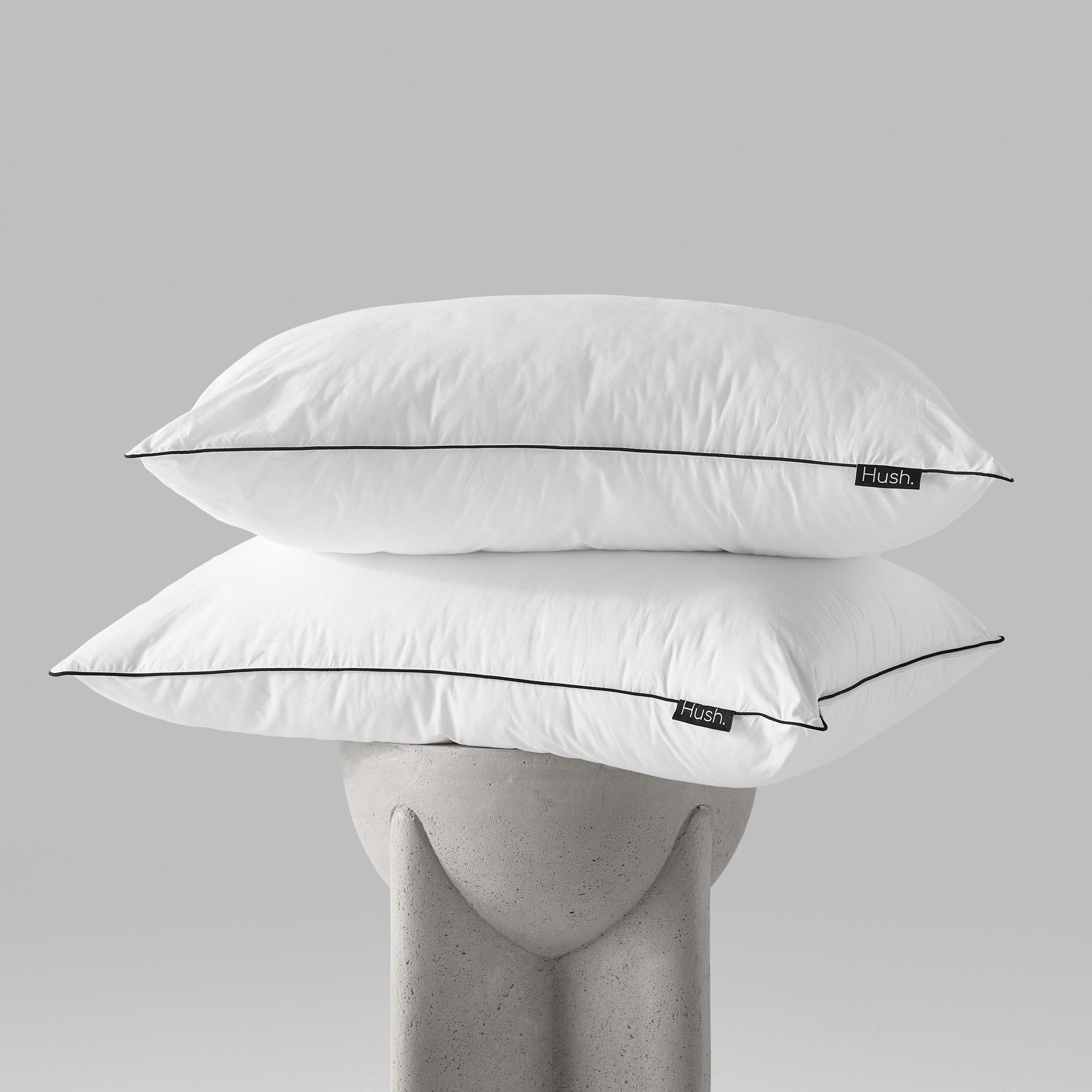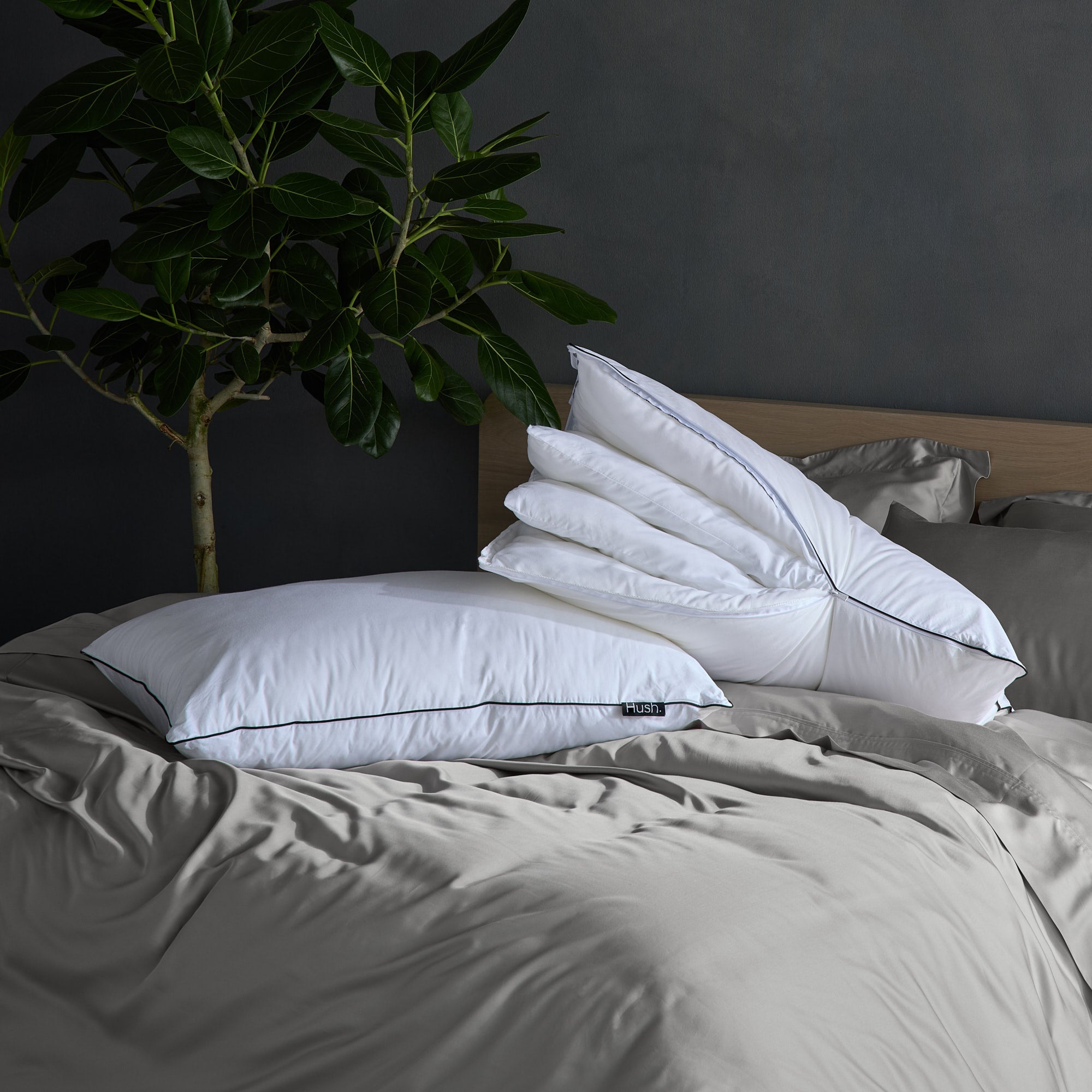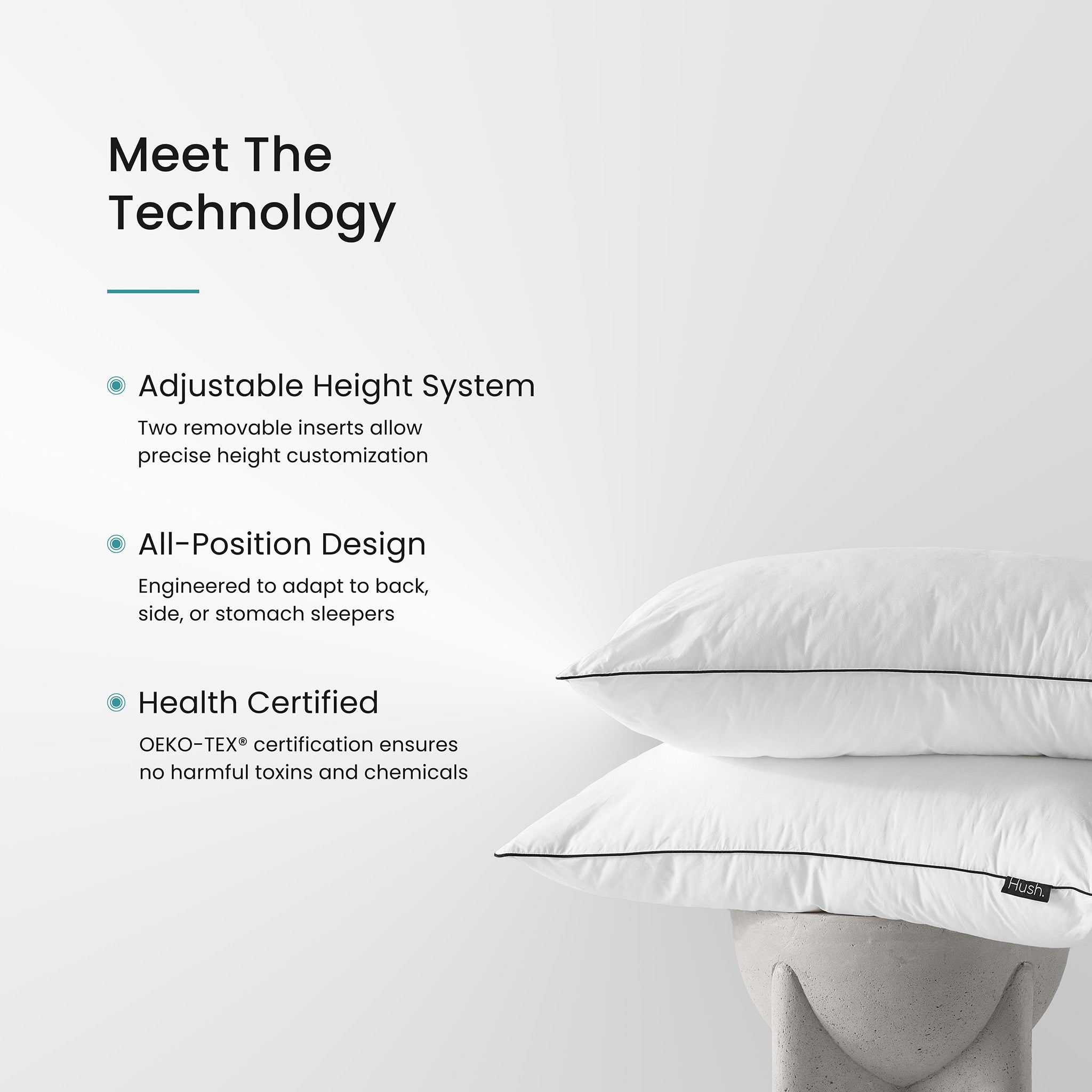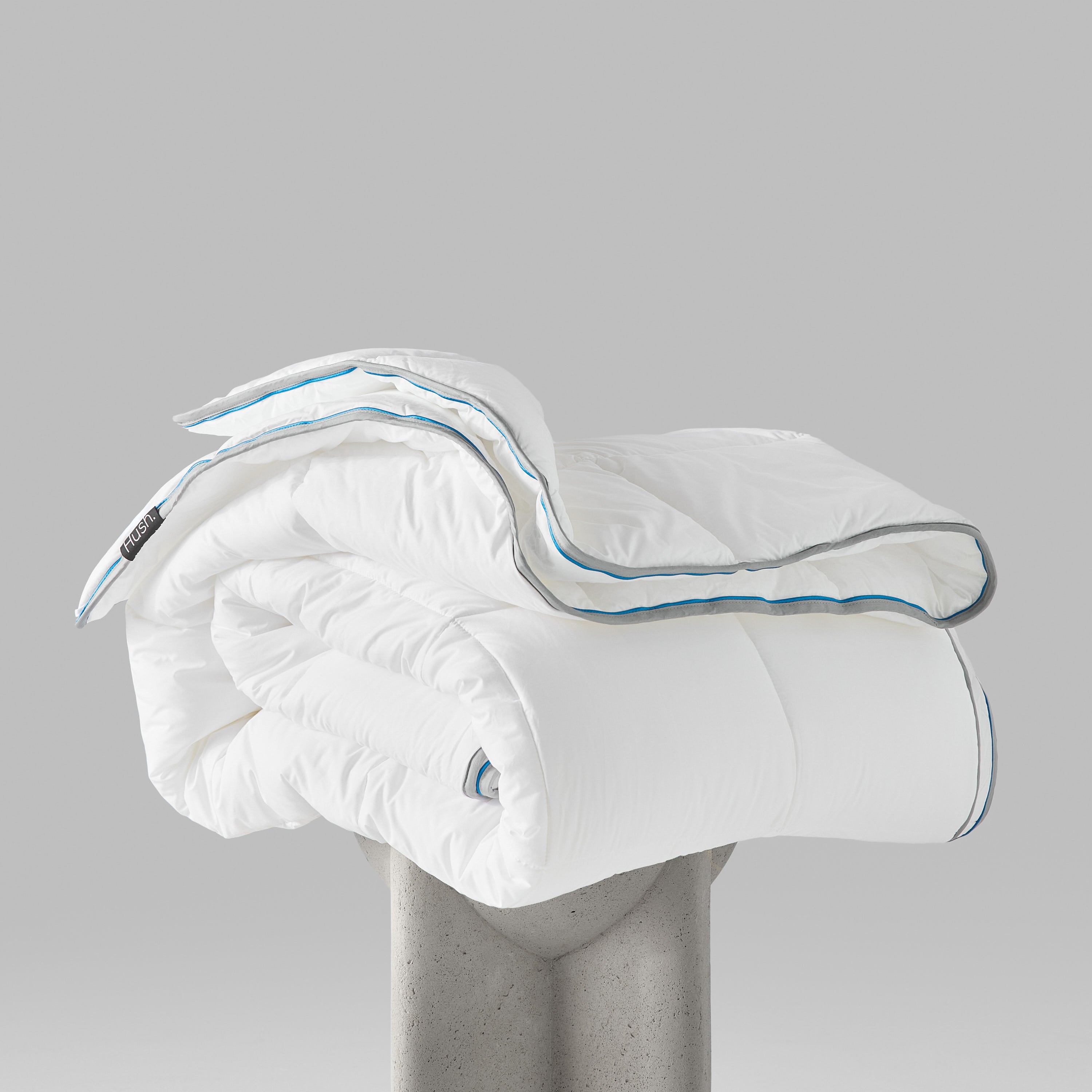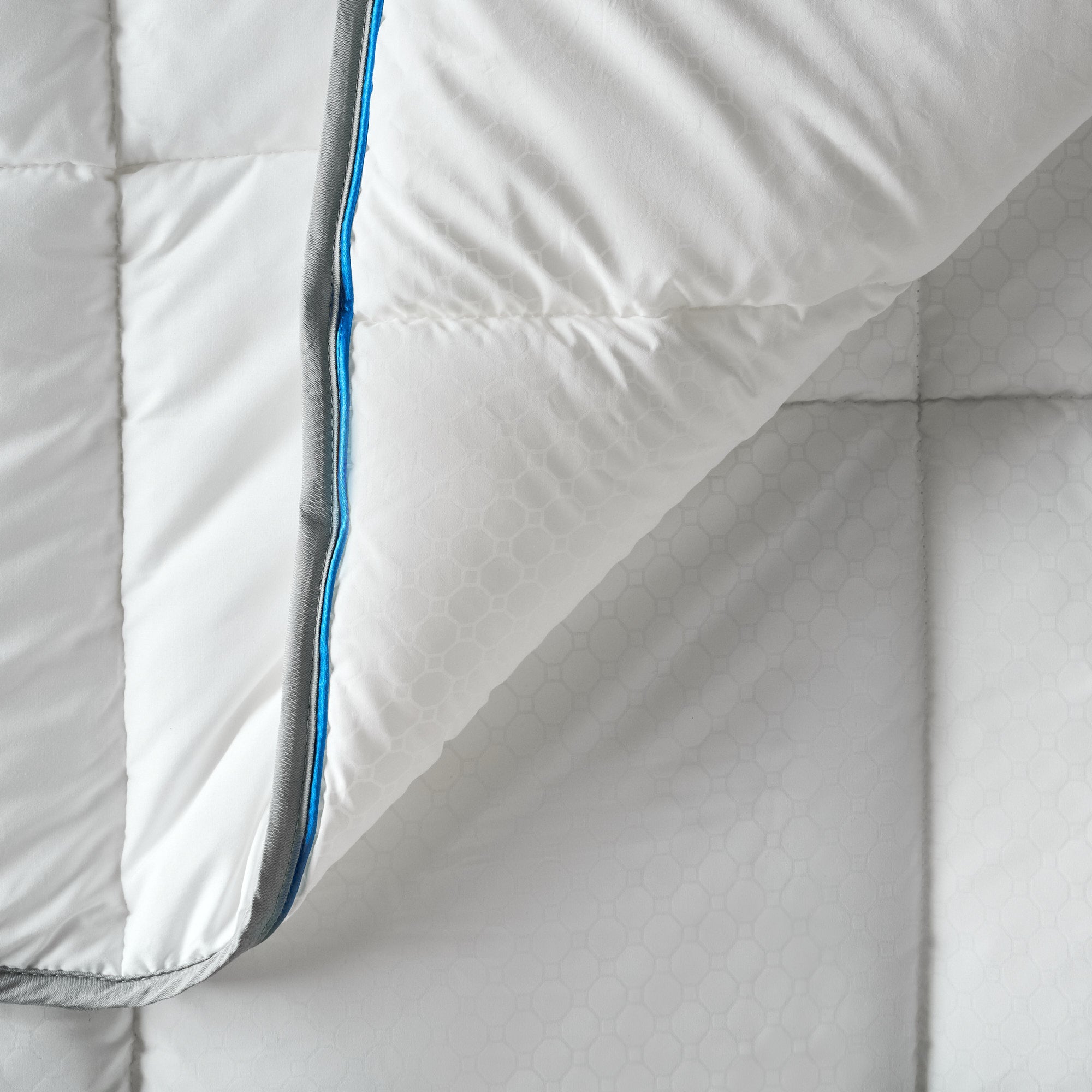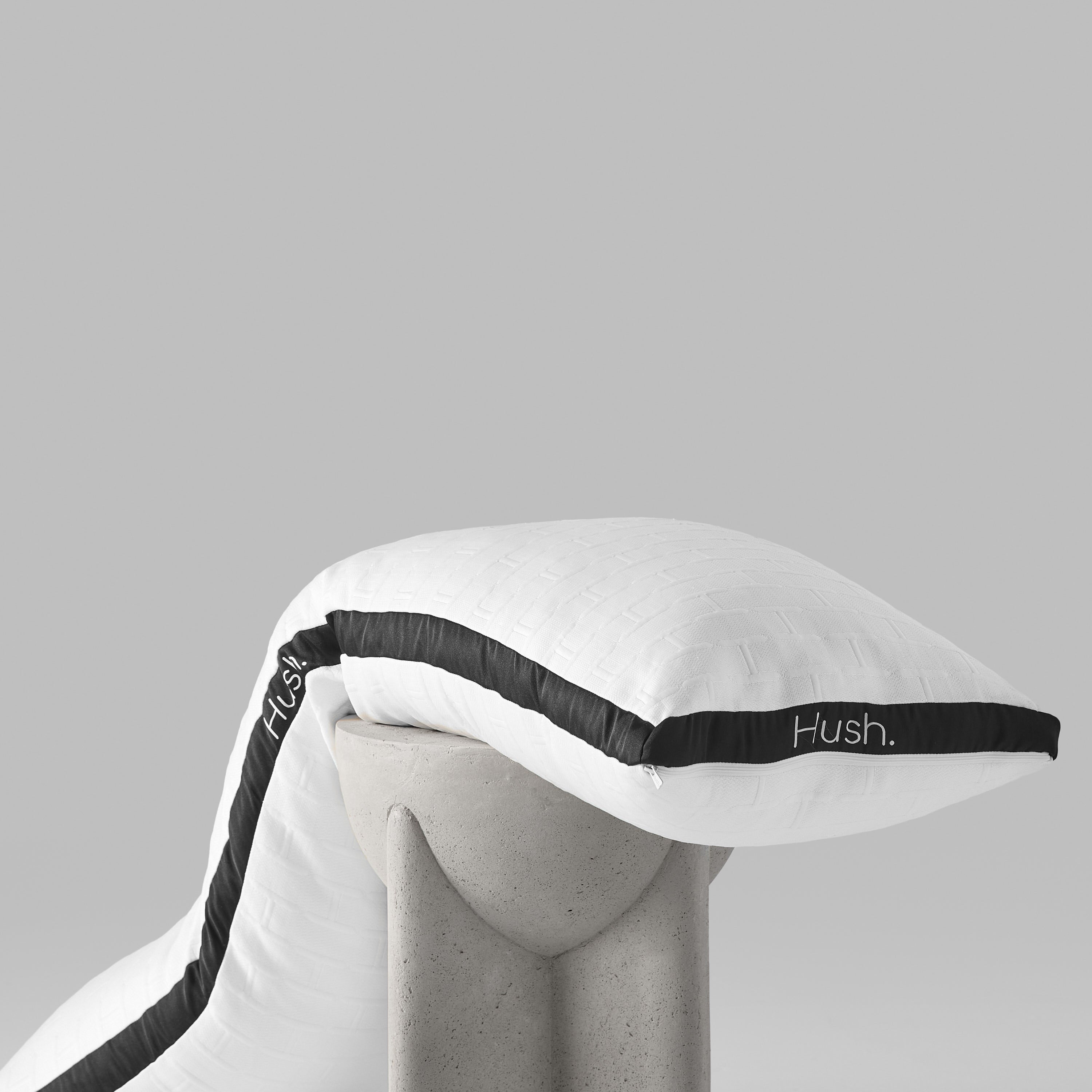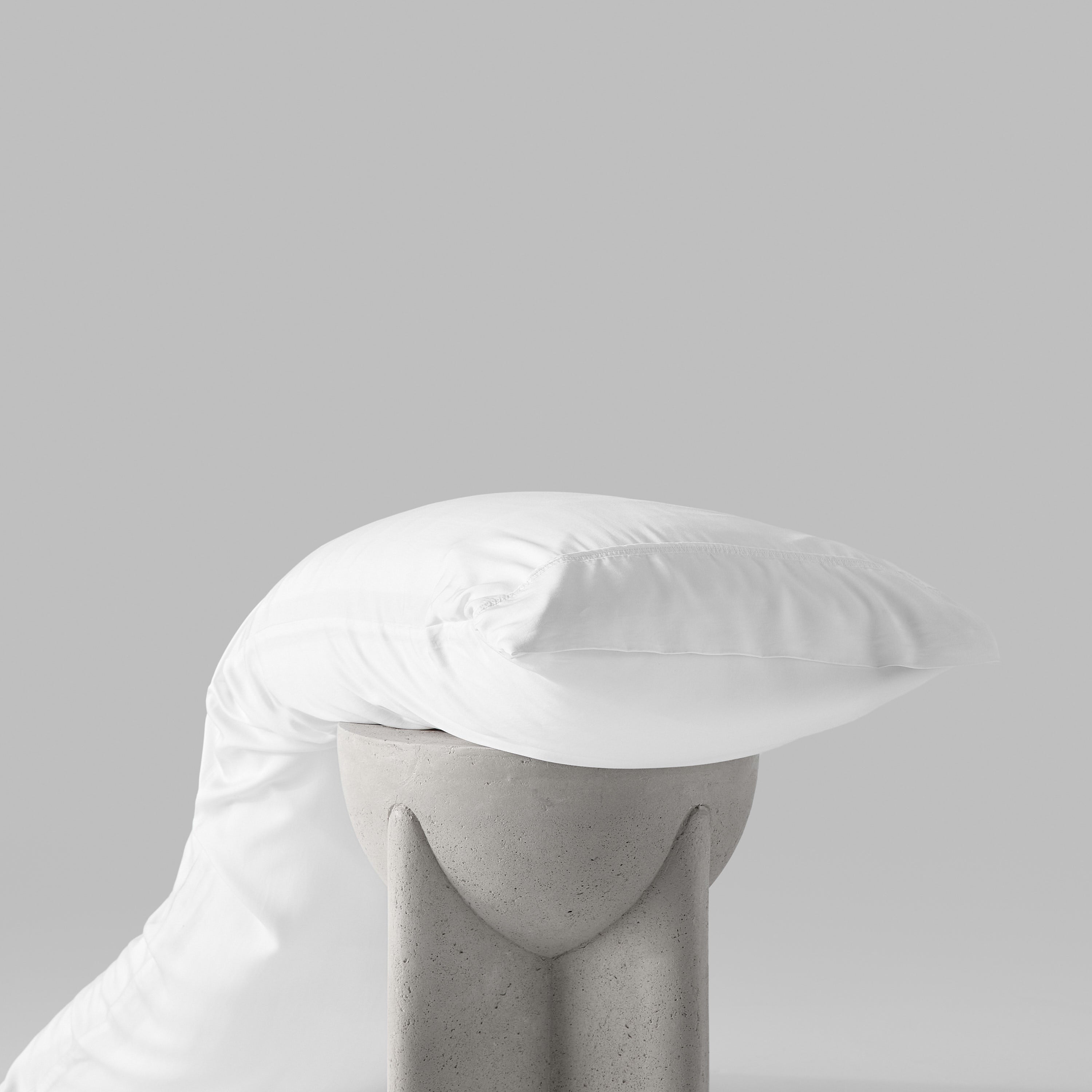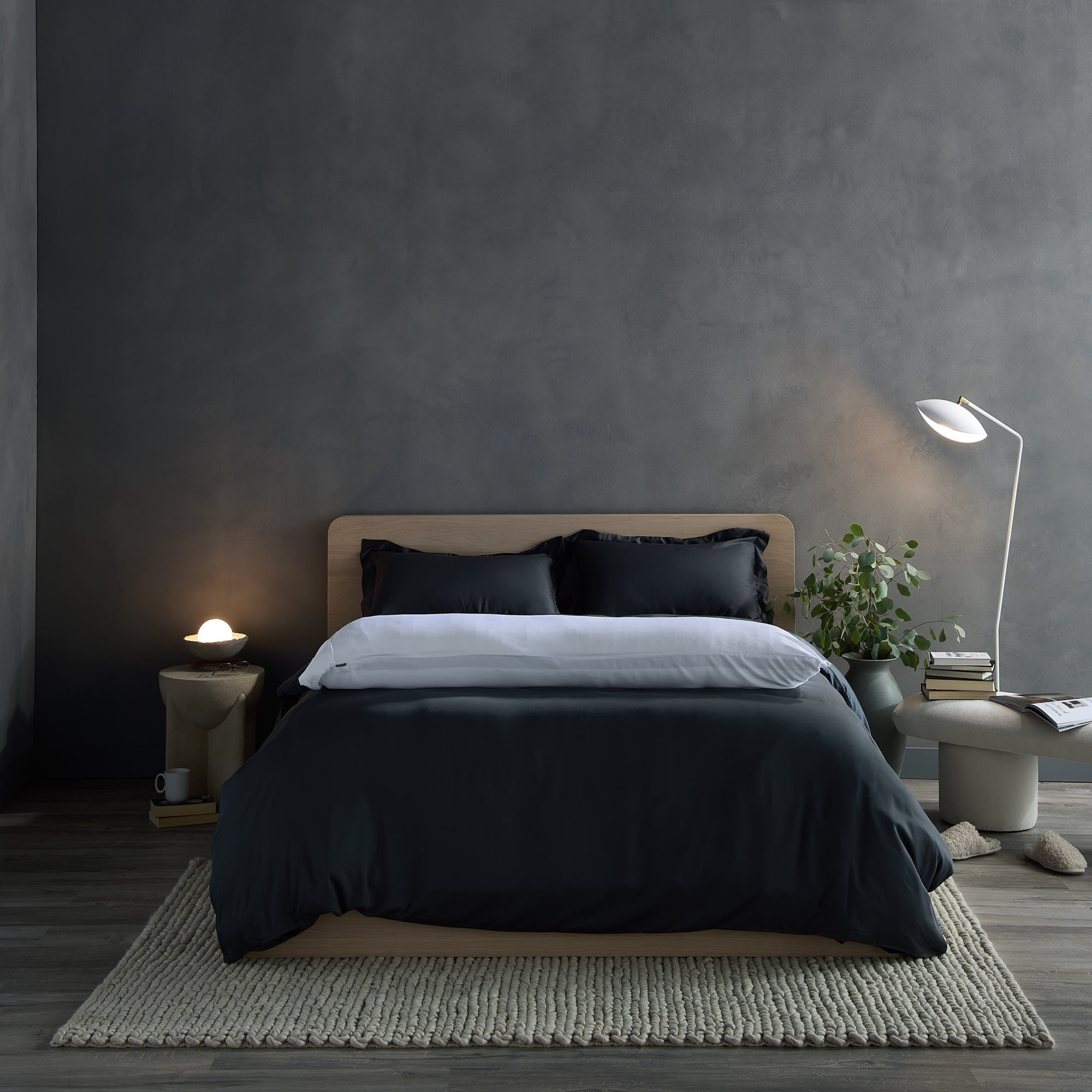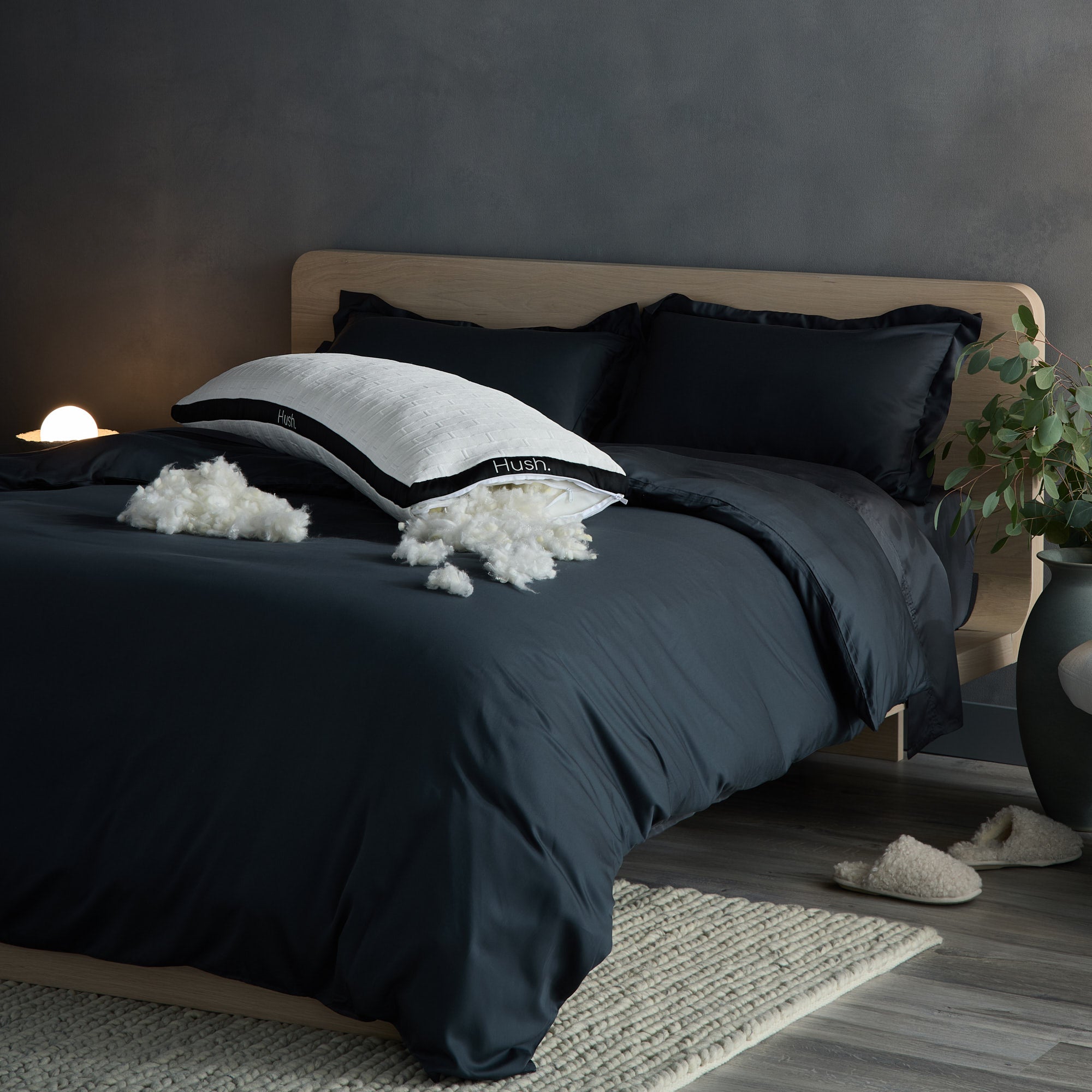
TLDR:
- Deep sleep is the sleep cycle stage in which your body repairs tissue, detoxifies the brain, consolidates memories, and more.
- When you don’t get enough deep sleep, you don’t feel energized the next day. But more importantly, chronic poor sleep can lead to depression, increased risk of illness, chronic pain, and even Alzheimer’s disease.
- To get more deep sleep:
- Exercise early in the day
- Follow a consistent and relaxing bedtime routine
- Create a soothing bedroom environment
- Avoid substances like alcohol and caffeine.
We’ve all woken up after a lousy night’s sleep, rubbed our eyes, and wished we could go back to bed for a few more hours. While these nights can happen to everyone, some people find that even when they get seven to eight hours of sleep, they still feel tired in the morning. Often, this is because they aren’t getting enough deep sleep.
Your ability to get a good night's sleep can have a major impact on your well-being, affecting everything from long-term memory to heart health. In this article, we'll take a look at why deep sleep matters, how you can determine if you're getting enough of it, and how to increase deep sleep.
What's the Difference Between 'Sleep' and 'Deep Sleep'?

Deep sleep will help you feel better rested and keep you healthy. Understanding how the sleep cycle works and how to increase deep sleep can explain why you sometimes do a zombie impersonation in the mornings.
Prepare yourself — we’re about to dive into some serious sleep science about the stages of sleep.
NREM Sleep
The sleep cycle starts with a short, 5-10 minute period of light NREM sleep.
In NREM sleep, you don’t dream, but your body begins to repair itself for the next day. Your body may still twitch as you relax and fall asleep.
Next comes the second stage of light NREM sleep. During this stage, your body temperature decreases and brain activity slows. As your muscles relax and your breathing and heart rate slow down, your body prepares to enter deep sleep. You’ll probably still wake up if your teenagers try sneaking in past curfew, though.
Deep Sleep
Deep sleep is when your body is the most relaxed. Brain waves, body temperature, breathing, and other functions are at their lowest, which is part of why it is so difficult to wake up at this point.
Only about 1-2 hours a night (13-23 percent), of your total sleep cycle is spent in deep sleep. This is when the body restores itself.
The pituitary gland releases human growth hormones to repair tissue. The brain detoxifies and consolidates memories. The immune system and metabolism also strengthen.
REM Sleep
After you've been asleep for about 90 minutes, your body enters REM sleep. This stage is marked by the rapid eye movement that takes place behind your closed eyelids. Your brain becomes the most active at this point, and this is when you have those crazy dreams where you’re fighting purple elephants. For most adults, 20 to 25 percent of their total sleep time is spent in REM sleep.
After the first REM cycle, the body will repeat REM roughly every 90 minutes until you wake up. A healthy mix of REM and non-REM sleep ultimately allows you to enjoy restful sleep that leaves you feeling refreshed the next day.
It is surprisingly easy to throw your sleep out of whack. The fewer hours you sleep, the less deep sleep time you get, which can quickly create a sleep debt that is hard to overcome.
What Happens When You Don't Get Enough Deep Sleep?

It's no secret that a full night's sleep is key to feeling well-rested the next day — deep sleep is an essential part of that process.
Slow-wave sleep (when the brain waves are at their slowest), is the deepest stage of sleep. This is when the body releases growth hormones, repairs tissues, and clears metabolic waste from the brain.
The risk of overlooking deep sleep, is potentially experiencing health consequences that go beyond feeling tired.
Short-Term Effects
Let's start with the short-term effects of poor sleep.
People who don't get enough deep sleep are more likely to experience daytime fatigue. But they’re also prone to irritability and moodiness, trouble focusing, and even depression. Dark bags under the eyes, acne, and weight gain are also common short-term side effects.
Missing out on sufficient deep sleep ( 1-2 hours a night), can make you more likely to suffer from colds and infections. People who get less than an average of seven hours of total sleep a night are nearly three times more likely to get a cold.
Long-Term Effects
Long-term, the consequences can be even worse. A lack of deep sleep can contribute to chronic pain, impaired growth, and dementia. Poor sleep quality has even been linked to chronic diseases such as cardiovascular disease, high blood pressure, and type 2 diabetes.
A study published in Science Translational Medicine found that when you experience less slow-wave sleep (or deep sleep), levels of the brain protein tau increase. Tau build-up is a known contributor to Alzheimer's disease.
How To Increase Deep Sleep

There are several potential culprits behind a lack of deep sleep. Consuming caffeine after noon and napping during the day can make it harder to fall asleep at night. Sleep disorders such as sleep apnea and insomnia related to anxiety, can also interrupt deep sleep.
One CDC study found that one-third of American adults don't get the recommended seven to nine hours of sleep a night. Less total sleep means less deep sleep, which can greatly harm your overall quality of sleep.
If you aren’t getting enough deep sleep, you're by no means alone. Fortunately, there are several things you can do to improve your overall sleep quality:
Get More Exercise
Strap on your running shoes! Research has shown that 30 minutes of moderate aerobic exercise each day will improve your overall sleep quality. Morning or early afternoon exercise is best. If you exercise too late in the day, the rush of endorphins could make it harder to fall asleep.
Create a Peaceful Sleeping Environment
A cool, dark bedroom will make it easier to fall asleep at night. Weighted blankets help provide more deep sleep as well as a higher overall sleep quality. They apply deep touch pressure, which stimulates the hormone melatonin (which induces sleep).
Limit how much you use your cellphone in the bedroom, as blue light exposure can make it harder to fall asleep. Besides, you don’t really need to read one more article or social media post. Some people also benefit from using a sound machine to provide white noise or pink noise.
Establish a Relaxing Bedtime Routine
To get your body ready for sleep, create a consistent, relaxing bedtime routine. Taking a warm shower or meditating for a few minutes can relax the mind and body. Setting consistent times for going to bed and waking up will also help you get into a good sleep routine.
Use Dietary Supplements
Some people benefit from dietary supplements like melatonin that make it easier to fall asleep. Melatonin helps your brain relax to prepare for sleep. Avoid alcohol and caffeine, which can disrupt sleep patterns. Antidepressants may also keep you from getting restful sleep. Please consult your doctor before making any changes to your medication.
Get Tested for Sleep Disorders
If sleep deprivation continues to be an issue, consider getting tested for a sleep disorder. Conditions like sleep apnea and insomnia can directly disrupt your sleep cycle. Consult with a sleep medicine specialist for more information.
Start Getting the Deep Sleep You Need

Deep sleep is essential for your well-being. By recognizing that you don’t get enough deep sleep and taking actions to improve your sleep quality, you won’t only feel more well-rested in the morning. You will be helping your body take care of itself so you can stay happy and well in the short and long term.
Understanding how to increase deep sleep matters. At Hush, we know how important it is to get quality sleep each night. Our weighted blankets are specifically designed to help you get better sleep so you can enjoy the benefits of a full night's rest. Try one today to see what a difference they can make.

